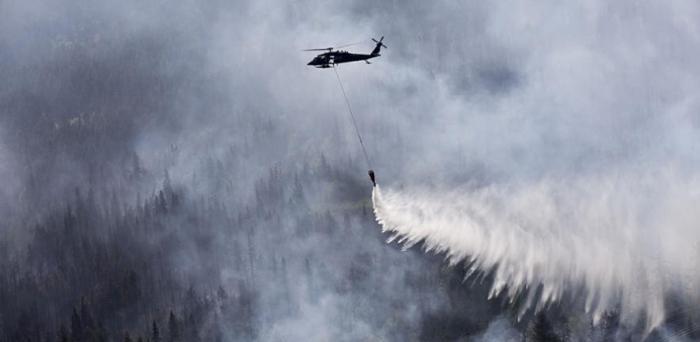The dynamics of the SARS-CoV-2 pandemic share 'striking similarities' with the twin environmental crises of global heating and species extinction, argue a team of scientists and policy experts from the UK and US.
They say that lessons learned the hard way in containing COVID-19 – the need for early intervention to reduce death and economic damage; the curbing of some aspects of people’s lifestyles for the good of all of us – should also be at the heart of averting environmental catastrophe.
“We’ve seen the consequences of delayed action in the fight against COVID-19. The consequences of continued inaction in the face of catastrophic climate change and mass extinction are too grave to contemplate,” said Prof Andrew Balmford, from the University of Cambridge’s Department of Zoology.
Writing in the journal Current Biology, Balmford and colleagues argue that the spread of coronavirus shares common characteristics with both global heating and the impending 'sixth mass extinction'.
For example, each new COVID-19 case can spawn others and so lead to escalating infection rates, just as hotter climates alter ecosystems, increasing emissions of the greenhouse gases that cause warming. “Both are dangerous feedback loops,” argue the scientists.
The team also draw comparisons of what they term 'lagged impacts'. For coronavirus, the delay – or lag – before symptoms materialise means infected people spread the disease before they feel effects and change behaviour.
The researchers equate this with the lag between our destruction of habitat and eventual species extinction, as well as lags between the emissions we pump out and the full effects of global heating, such as sea-level rise. As with viral infection, behaviour change may come too late.
Image: US National Guard working to extinguish wildfires in Alaska
Credit: Balinda O'Neal
Reproduced courtesy of the University of Cambridge
